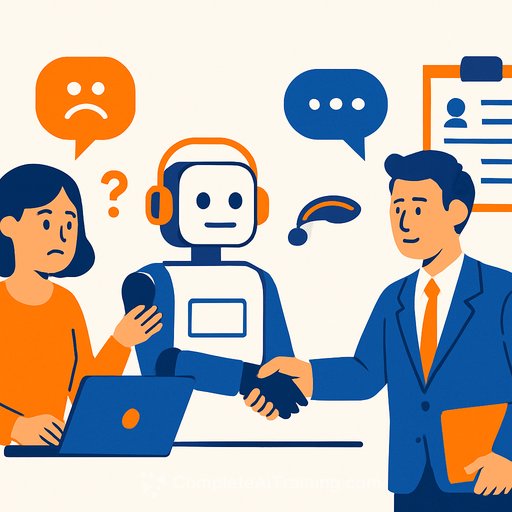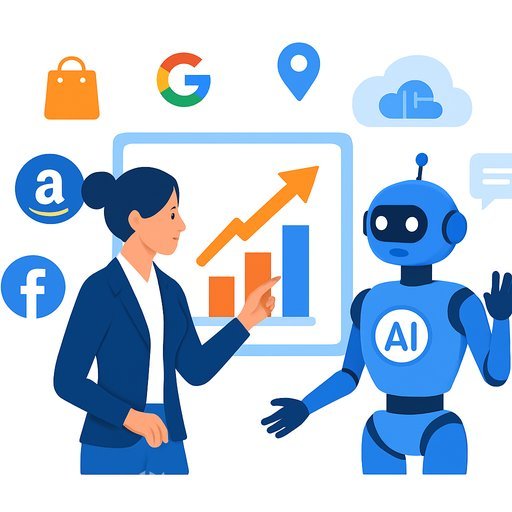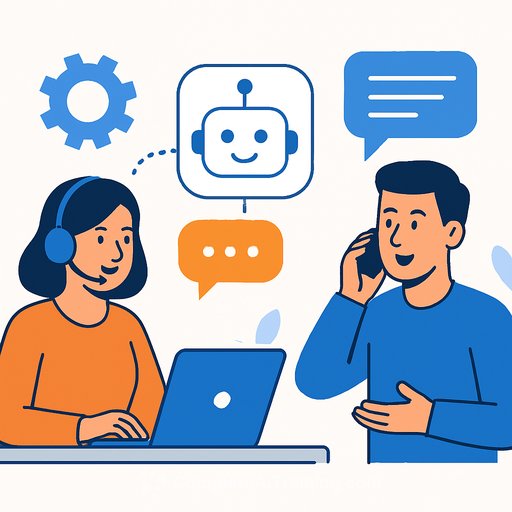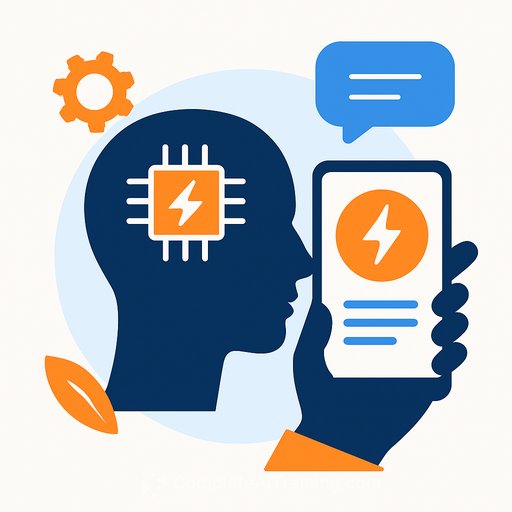Klarna Brings Back Human Support After AI Fall Short
After betting heavily on AI chatbots to replace human customer service, Klarna is now rehiring people to handle customer support. The company’s experience highlights a simple truth: most customers still prefer talking to a real person.
Klarna’s CEO, Sebastian Siemiatkowski, recently confirmed that customers will always have the option to reach a human agent when needed. However, Klarna plans to staff this human team remotely, using a contract-based model similar to Uber’s. The company aims to hire students and workers from rural areas, which raises questions about job quality and sustainability. Still, this move is a step up from fully automated, frustrating support.
From AI Enthusiast to Human Support Advocate
Just two years ago, Klarna was all-in on AI. Siemiatkowski openly embraced AI, even calling Klarna OpenAI’s “favorite guinea pig.” The company froze hiring and cut its workforce nearly in half by replacing many roles with AI chatbots.
By 2024, Klarna claimed its AI handled two-thirds of customer service interactions, equivalent to replacing around 700 agents. But the reality was different—those chatbots delivered poor-quality service that hurt customer satisfaction and trust.
Why AI Alone Didn’t Cut It
Siemiatkowski admitted that focusing too much on cost led to lower support quality. “Really investing in the quality of the human support is the way of the future for us,” he said.
That’s no surprise to anyone working in customer support. Studies consistently show that most people prefer waiting a bit longer to talk to a human rather than instantly engaging with a chatbot. For example:
- A 2024 study found over 80% of people would rather wait for a person than get immediate AI support.
- A Gartner survey revealed about two-thirds of customers prefer companies not use AI for customer service.
Trust and satisfaction rates tend to be lower with AI agents, even the advanced ones.
Lessons for Customer Support Professionals
Klarna’s experience is a clear reminder: AI can assist but can’t fully replace humans in customer service. Automation might reduce costs, but poor service quality can cost more in lost customers and damaged reputation.
For those in customer support roles, this shift highlights the ongoing importance of human empathy, problem-solving, and clear communication. AI tools can help streamline tasks, but customers still want real people to turn to when issues get complicated.
If you’re interested in how AI can support your work without replacing you, explore practical AI courses and training that focus on augmenting human skills rather than replacing them. Resources like Complete AI Training’s latest courses offer insights on balancing AI and human expertise.
Final Takeaway
Klarna’s journey shows that over-relying on AI for customer support can backfire. The human touch remains crucial for quality service and customer trust. Companies—and support professionals—should focus on how AI can assist humans rather than substitute them entirely.
Your membership also unlocks:





